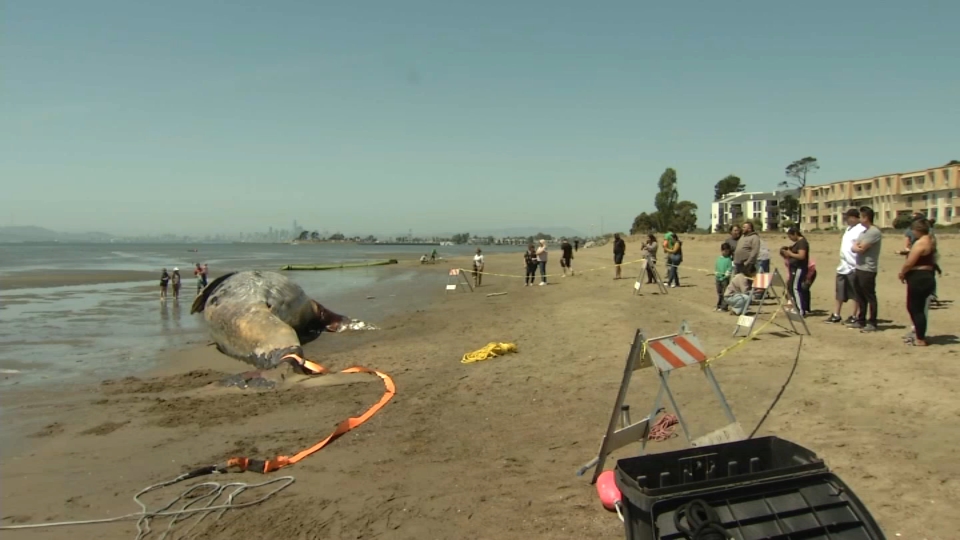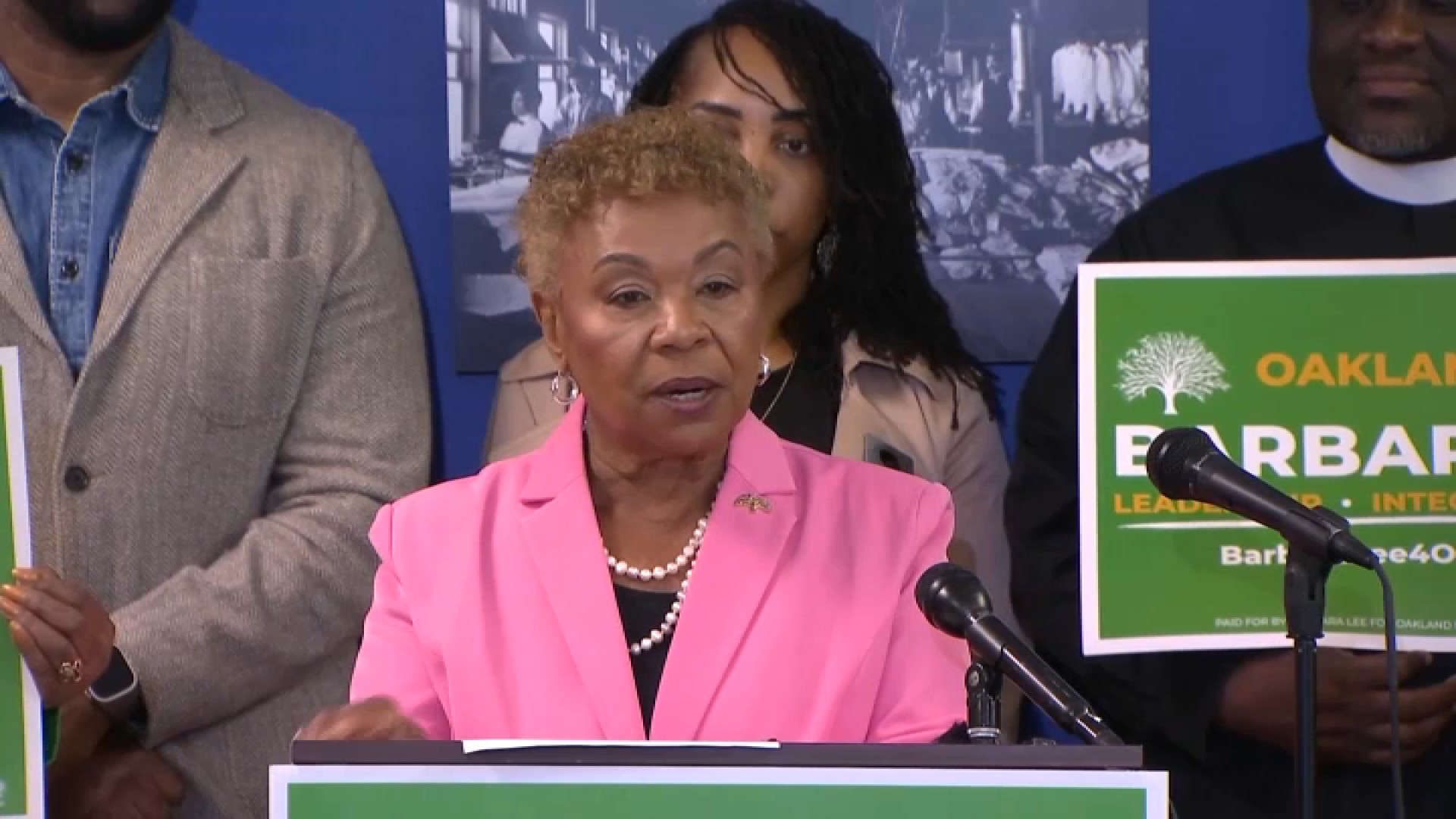New concerns over the safety of older women in Berkeley are prompting calls for the city to revive a decades-old safety program and expand existing safety resources to prevent other women from becoming victims.
“There are a lot of robberies unfortunately. I wish it was different, I understand that women are often the victims,” said Diana Soline of Berkeley.
Talks of a revival of a more than 20-year-old program to increase safety comes as advocates say women, particularly older women, are increasingly becoming the targets of assaults and robberies throughout the city.
“Offenders are driving around looking for vulnerable women to attack,” said Carole Marasovic, who leads the city’s Commission of the Status of Women.
She is recommending the council re-establish and expand a 2003 safety escort program. The retired program used two safety escorts who walked commuters from the Ashby and North Berkeley BART station, home.
The commission now wants to establish that program city-wide and is calling on council to expand the city’s rideshare voucher program and community ambassadors.
“We need to do something, we need to act now,” said Marasovic. “This can’t wait too long, it needs to go to our budget to be implemented.”
Local
Soline used the former program multiple times in her 20s and believes it's worth bringing back.
“When I was a younger woman, I didn’t feel quite safe and I did actually take the escort from the BART station to my place and I felt much safer. I think they should do it,” she said.
Get a weekly recap of the latest San Francisco Bay Area housing news. Sign up for NBC Bay Area’s Housing Deconstructed newsletter.
Meanwhile, other women say anything to increase safety is worth a try.
“I definitely give myself pause when I'm going out at night, if I'm going to be parking far away from where I’m walking. So, I think it makes sense,” said Tara Levy of Berkeley.
Councilmember Terry Taplin expects the recommendations will be sent to the city manager for approval during Tuesday’s council meeting.
It's not clear how much the programs would cost or how long they would last. But it’s a resource he said is critical to keep the community safe.
“People are really organized and they are targeting vulnerable people in vulnerable neighborhoods,” said Taplin. “We really need to be vigilant, we need to be responsive, strategic and we really need to develop particular responses to each kind of crime.”



